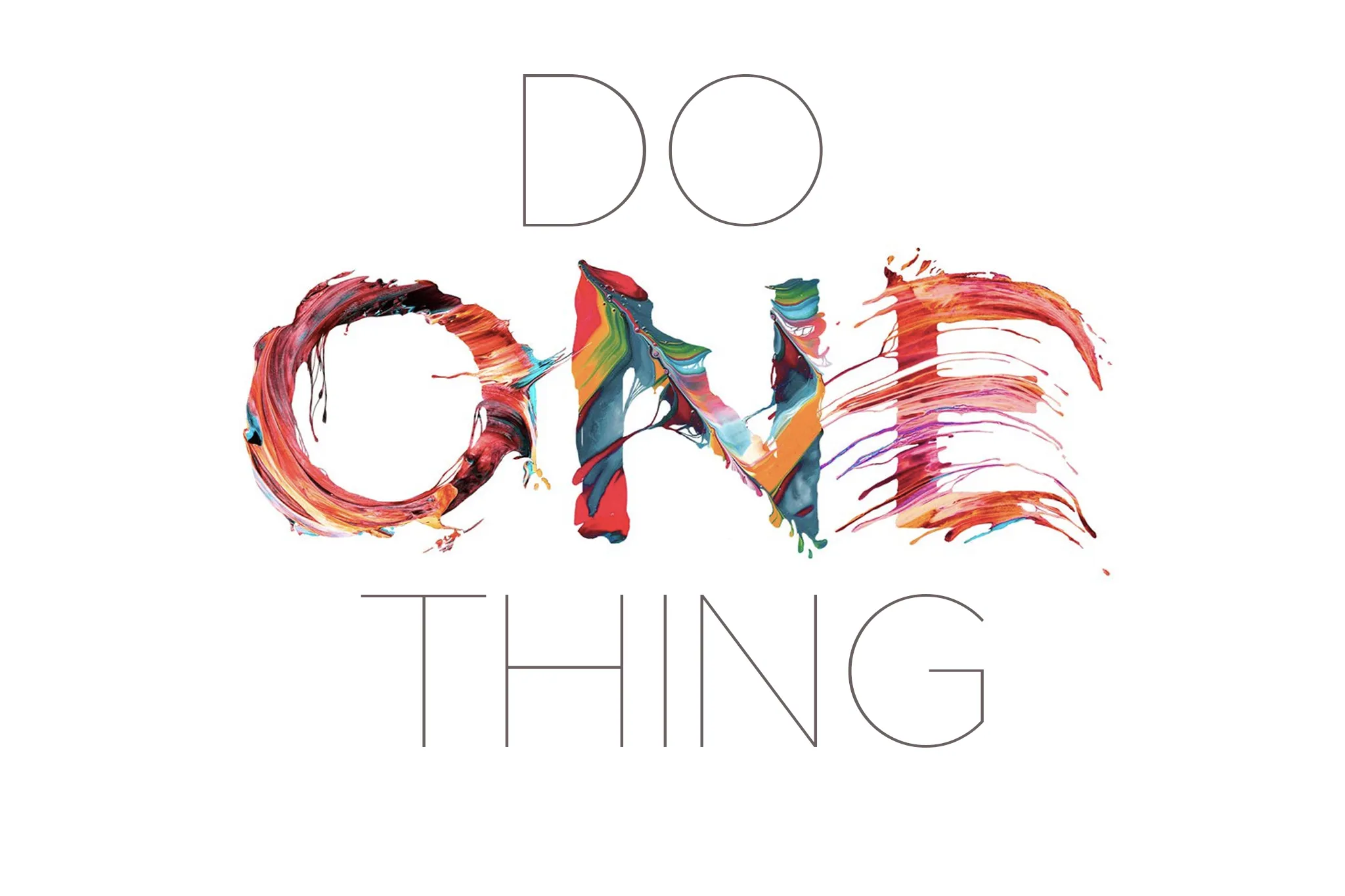

Repeat and Shuffle
A mantra doesn’t have to be esoteric to get the job done, says Mark Fenske, Ph.D., a neuroscientist at the University of Guelph in Canada and coauthor of
“The Winner’s Brain: 8 Strategies Great Minds Use to Achieve Success
.” There’s concrete evidence that focusing on a mantra draws attention away from troubling thoughts.
“Brain scans of individuals performing mantra repetition show an increase in activity in the frontal and parietal lobes, which are associated with the control of attention,” Fenske says.
Drawing our focus away from distressing signals reduces activity in areas of the brain that regulate emotions, such as the amygdala, which is associated with our fear response.
The act of focusing on a mantra, Fenske adds, may serve as an emotional regulator, making us more persistent and resilient. Furthermore, the act of repeating can have measurable physical effects. A 2001 study in the “British Medical Journal” suggested that repeating a mantra slowed respiration and regulated heart rate.
“These changes are associated with what’s known as the ‘relaxation response,'” Fenske says — a state of calm that counteracts the physiological impact of anxiety.
After I discovered mantras, I started asking other athletes in interviews in interviews if they used them. Olympian Kara Goucher, one of my running idols, told me she repeated “Be courageous” during her debut marathon in New York City, even when cramping and exertional pain made her contemplate dropping out completely near the 17-mile mark.
I’m no Kara Goucher, yet I borrowed another of her mantras during my most recent 26.2-miler at Big Sur, California, the nation’s most scenic marathon and one of its toughest. There was a two-mile climb about halfway through, then there were three or four more additional not-insignificant hills in the second half of the race.
My goal was to qualify for the Boston Marathon, a tall order on that terrain. By mile 18 I had stopped taking in the natural beauty and caved in to thoughts of how lead-legged I felt. I needed to channel something positive.
Like a burner on a gas stove that won’t light, my mind clicked and sputtered yet wouldn’t catch. Suddenly, at the crest of a hill, sunlight flashed in my eyes and a spark flared: “Believe.”
It was a mantra Goucher had told me she’d called forth when she ran the 2009 Boston Marathon, for which I was hoping to qualify. That day, I channeled a little of the strength and determination of my idol in a race I desperately wanted to run.
I must have repeated “Believe” in my head, oh, 7,351 times during the final 10 kilometers.
Living in the Word
Originally, mantras were part of the Vedic tradition of India and were meant to bring about spiritual transformation by turning will into action. Patton Garrett Sarley, CEO of the Kripalu Center for Yoga and Health in western Massachusetts, told me that was pretty much what had happened to me in Big Sur.
“Focusing on one word reaches down into the spiritual, emotional, or mental desire and pulls it up through the physical, and it gives you energy,” he said. “A mantra lines up your deepest energetic intentions, which are very subtle, with your gross intentions out in the world.”
Yet Fenske claimed it wouldn’t have mattered what I’d uttered as I clutched my quads there, overlooking the Pacific. “You could have been repeating, ‘I like bologna, I like bologna,’ instead of thinking how much your body hurt,” he said. What was important, he added, was that I was focusing, which “helped reduce intrusive negative thoughts.”
Fenske was forced to concede, however, that repeating “I’m a loser” or “I’m too tired” would have likely made the situation more, not less, distressing. I have to admit that I do believe words make an impact, though they may not act as spells. Even when my selection seems subconscious, the words have power for me. They work like a charm on my brain.
























